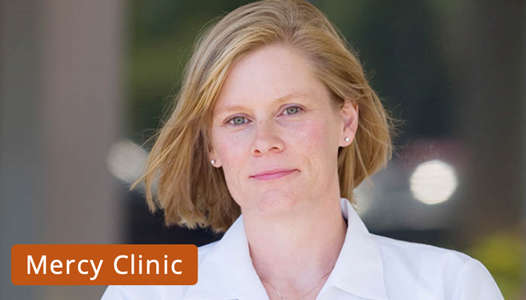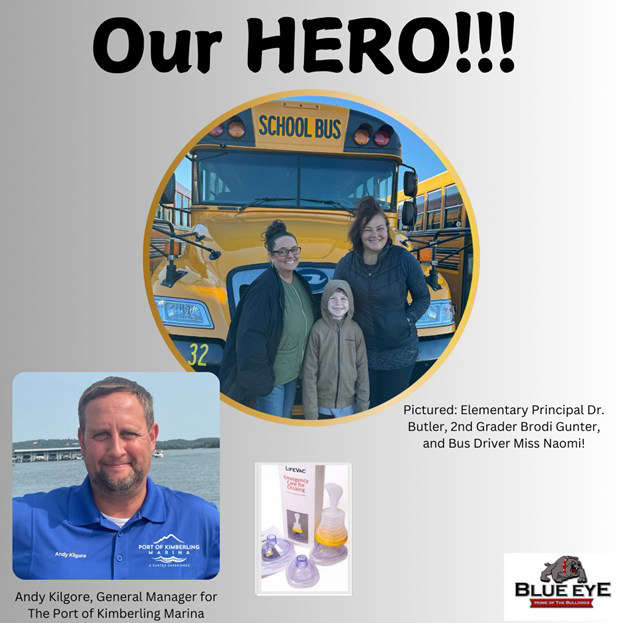The COVID-19 levels for Missouri counties Taney and Greene have plummeted, the Centers for Disease Control and Prevention reports.
This is welcome news for health care providers. Local mental health professional Thuy Rudy, owner of Alliance Counseling Associates, has practiced counseling for 20 years. She described what she observed during the pandemic when those rates were higher.
“It was awful. It was just plain awful because everybody was freaked out, and nobody knew exactly what COVID was. Everyone was dying right and left, and so, people were afraid, just generally afraid,” Rudy said. She explained that this fear of catching COVID-19 led to a fear of being around people.

Alliance Counseling Associates Logo - Courtesy of Thuy Rudy
The result was that people “hunkered down and isolated.” The therapist shared that she thinks this only increased depression and anxiety because “we’re not meant to live life alone” and that humans are meant to socialize. Rudy’s assertion that depression and anxiety rose is grounded. The World Health Organization cites a scientific document released by the organization in a March 2022 article stating that during the pandemic’s first year “global prevalence of anxiety and depression increased by a massive 25%.” Later, Rudy commented on the hit human interaction took and discussed her position on social media.
The pandemic and the related restrictions, she explained, didn’t allow human connection to flourish. Rudy also attributed part of the health issues of the time to social media scrolling.
Rudy revealed that she doesn’t participate in these online interactive sites but said social media becomes the “tether to reality” when people, especially young people, can’t or don’t leave home. Rudy said this only fuels the problem, especially for young people.
The counselor described young people as “the most vulnerable” and added that this pandemic-time scrolling compounded the problem if they weren’t receiving the desired “likes” on posts or if “people are being mean on social media.” Later, Rudy discussed experiencing a rise in business during the pandemic.
She recalled that she likely had received more referrals for marriage and substance abuse counseling and said the domestic violence numbers went up. Part of her job involves drug and alcohol assessment and treating outpatients. Aside from this, she commented on law enforcement responding to more domestic violence during the height of COVID-19 lockdowns.
“On the one hand, it’s sad because that means that people are at home—again, if they don’t have other people to bounce stuff off of, irrational thoughts and things like that, then they’re left to their own devices,” she said. The licensed professional counselor emphasized that many people in these situations have addictions.
In short, addiction plus the pandemic was a bad mixture. However, Rudy said she has seen improvement in individual people who recognized unhealthy habits during the pandemic.
Mercy Hospital primary care physician Margaret Taylor has practiced medicine for 23 years. The doctor said she thinks “we’re pretty much back to normal” locally.

Dr. Margaret Taylor - Photo from Mercy website courtesy of Dr. Taylor
Taylor recalled that the most formidable challenge during the pandemic was ensuring patients who came in for other issues weren’t risking COVID exposure in the waiting room. “It was a challenge because we quit seeing upper respiratory infections or anyone that had symptoms even similar to COVID in the office,” Taylor said. She added that those patients were transferred to keep people at risk from being exposed to COVID-19.
However, a good report from the doctor today reflects the CDC’s recent trend: Taylor said she isn’t seeing the vast number of COVID-19 cases she once was.


 Giving Tuesday
Giving Tuesday
 Blue Eye School District Recognizes Driver Who Helped Student Who Was Choking
Blue Eye School District Recognizes Driver Who Helped Student Who Was Choking
 President Biden gives remarks for World AIDS Day
President Biden gives remarks for World AIDS Day
 Miracle on Wolf Lane Scheduled for December 7
Miracle on Wolf Lane Scheduled for December 7







